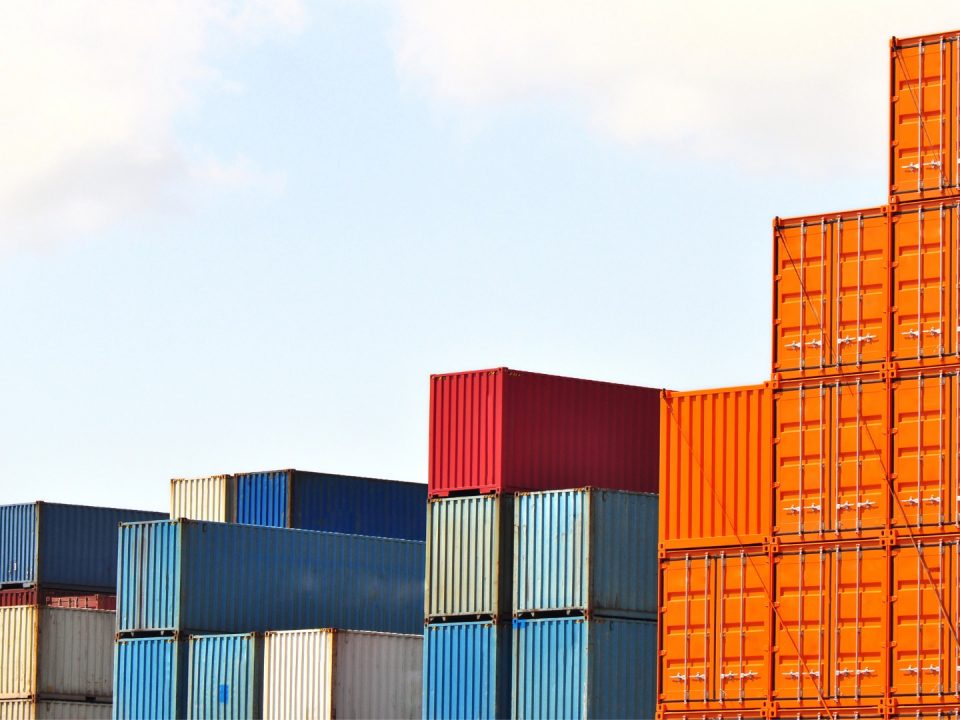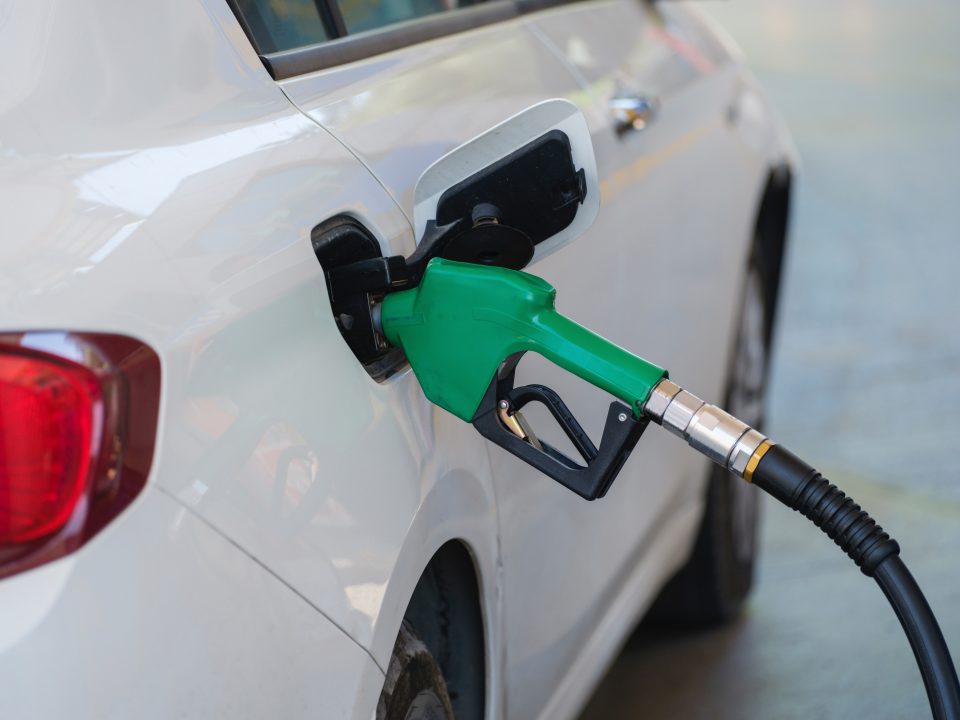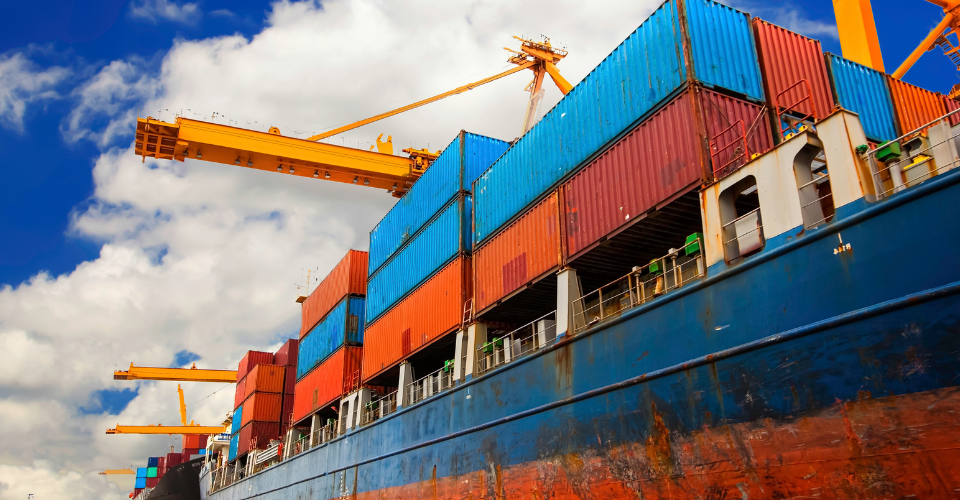Retailers Against Smuggling Highlight Devasting Impact of Illicit Solid Fuel with Gardaí and Local Politicians
Latest Excise Hike leaves Retailers at a Loss
October 8, 2019
More resources needed to tackle illegal smuggling in light of significant drop in tobacco products seizures
February 3, 2020Retailers Against Smuggling (RAS) along with CPL Fuels Ireland and Hardware Association Ireland (HAI) met with representatives from the local Garda Síochána and members of the Monaghan County Council to highlight their growing concerns with illicit trade of solid fuels.
Attendees at the County Monaghan Joint Policing Committee heard about the dire impact on sellers, distributors and manufacturers due to the levels of illicit solid fuel trade in the border region, and the industry reiterated its concern over the Government’s inadequate response to tackling the issue.
RAS Sub-Group member and CPL Fuels Managing Director Niall McGuinness spoke at the meeting saying “We urgently need greater visible action from the powers that be in tackling this issue that is ruining people’s livelihoods, or it will only get worse. Today was a good step forward and shone a light on the real impact illicit solid fuel trade is having, particularly in the border region”.
HAI’s Jim Copeland said “Our members are under extreme pressure to keep up with the levels of fuel coming over the border. Some of them have stopped selling fuel all together. A carbon tax increase will put over 1,200 jobs at risk – something must be done.”
Solid fuel can represent up to half of some retailers’ turnover, particularly in the Winter months. The illegal fuel trade is booming in Ireland and the Government must make it a priority to protect Irish retailers especially in the lead up to Brexit.
The illicit solid fuel trade is costing the Exchequer over €9.7 million in lost revenue, which represents a loss of €36.5 million to retail merchants, putting many local traders out of business. Different tax approaches in the Republic of Ireland and in Northern Ireland make a lorry load of coal €2,217 more expensive in the Republic than in The North. A carbon tax hike in Budget 2020 will make this gap even larger and encourage smuggling of solid fuel over the border. RAS, CPL and HAI also raised the issue of fuel poverty at the meeting. 28% of people in Ireland experience energy poverty. Those who can afford to buy 1 tonne of untaxed coal online from Northern Ireland and have it delivered to their homes in the Republic for personal use do so, while the 28% of citizens experiencing fuel poverty have no opportunity to do the same. This practice is contributing to the cost gap between those Irish Citizens experiencing fuel poverty and those benefitting from the lack of enforcement on fuel coming across the border.




